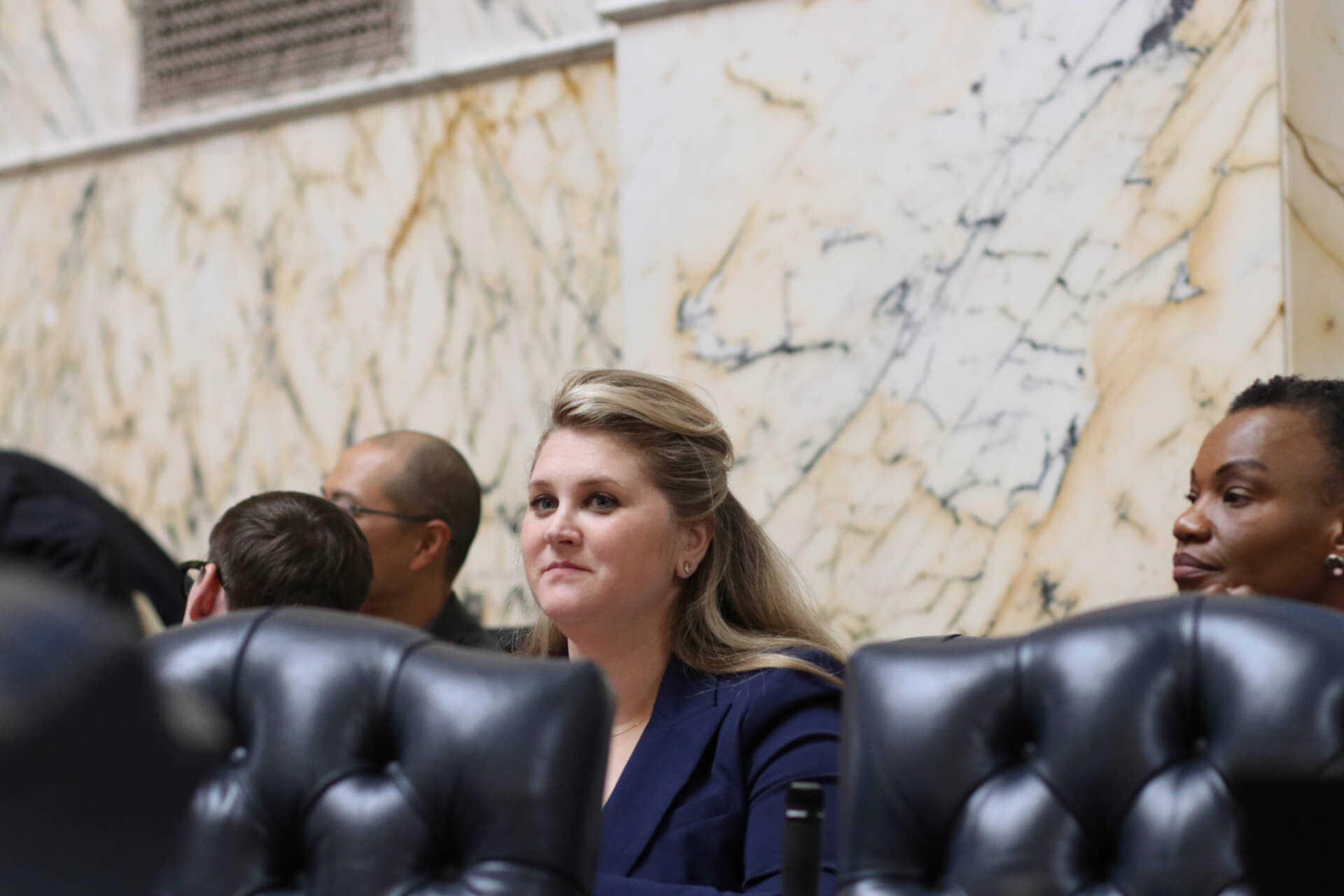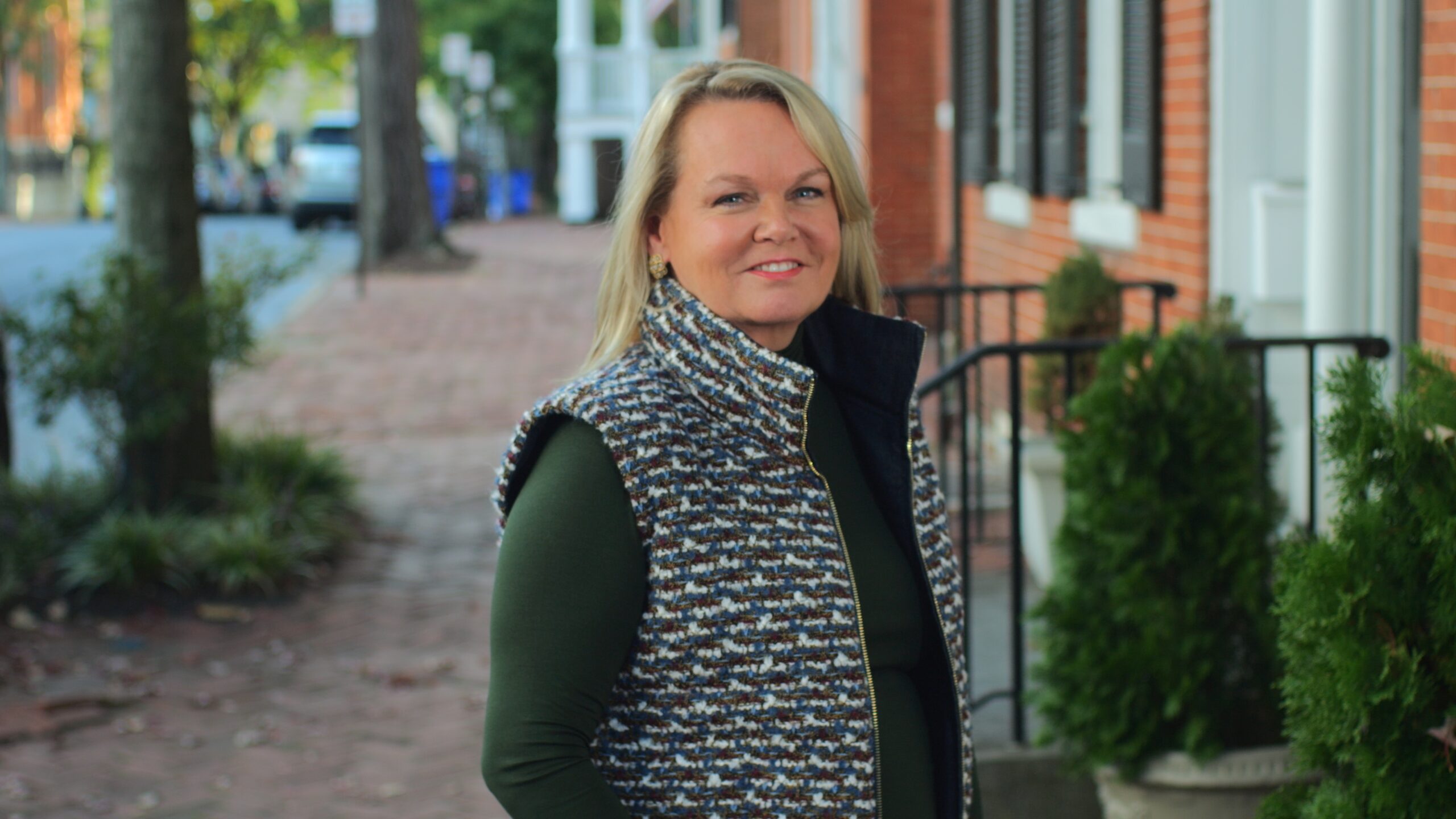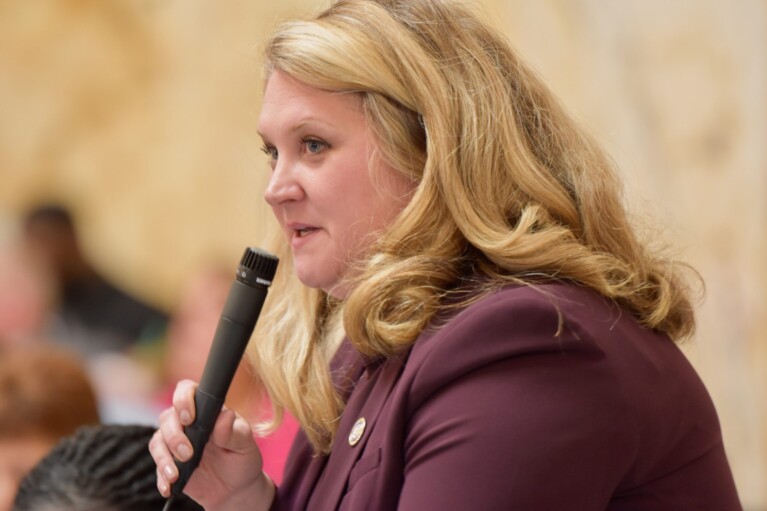
Serving as a state delegate in the Maryland General Assembly is one of three jobs that I currently have. It’s actually the 26th job I’ve had in my life.
I’ve been a domestic worker, a server in four restaurants, and been a retail cashier five times — to name a few. Why have I had so many positions over the past 18 years that I’ve been a member of the workforce?
Student loan debt.
Like many who financed their education, I relied on a mix of hustle and creativity to make ends meet as I found my footing after graduation. Now, as a legislator, I’m using that same spirit to come up with new ways to fight predatory lending on private student loans, including a first-in-the-nation bill that was heard this week and shows how states will begin to look at how creditors manipulate the state courts.
Considering that roughly 80% of student debt comes from federal loans, states are somewhat limited in what we can do. In addition to reining-in for-profit schools, we also have some room to work on private student loan debt.
This year, I introduced HB 1562 with the support of Attorney General Brian Frosh and the Student Borrower Protection Center, which seeks to reverse some of the systemic flaws in how the judicial system handles this type of debt, namely ending default collections on private student debt and robo-signing wage garnishments. This bill represents a step in the right direction in ensuring that our judicial system protects those facing aggressive debt collection tactics and lawsuits.
Borrowers usually only take private student loans once they have exhausted all their options for federal loans, which offer many protections but are capped. These borrowers are already financially vulnerable and then have the “worst of both worlds” when it comes to the conditions of their loans. Creditors can pursue judgments against borrowers as if these debts were any other type of consumer credit, but bankruptcy relief is functionally unavailable.
Even worse, predatory lenders have manipulated the courts’ “robo-signing” of wage garnishments and illegally pursued invalid debts. The National Collegiate Student Loan Trusts (NCSLT), for example, owned more than 15,000 loans owed by Maryland borrowers, totaling more than $190 million, and was ordered by the federal government to pay over $20 million for its deceptive acts in the past.
An analysis of court filings by the Student Borrower Protection Center shows that NCSLT filed 1,257 cases against Maryland borrowers in the past five years alone. These cases disproportionately impact communities of color. More than half of the lawsuits analyzed are against borrowers in majority-minority Zip codes and 25% of all lawsuits analyzed were in Prince George’s County, the center of Maryland’s foreclosure crisis a decade ago.
In addition to people of color, seniors are also disproportionately impacted by this abuse. Because borrowers of private loans almost always require a cosigner, parents and grandparents are more frequently defaulting on these debts. According to AARP, 37% of student loan borrowers over 65 are in default. Not only is the potential to retire put at risk, many of these seniors are already on a fixed income with benefits highly susceptible to wage garnishment.
Unfortunately, the federal government is failing student borrowers in a multitude of ways. In August, I led a letter cosigned by 42 of my colleagues to U.S. Secretary of Education Betsy DeVos decrying the blatant mishandling of the Public Loan Forgiveness Program, which was undercutting those who choose public service by rejecting 99.6% of its applicants.
In the absence of adequate grants and low-interest government programs to pay for tuition and expenses, many borrowers have turned to private loans. Often, they were pushed into high-rate debt by for-profit colleges and predatory lenders, groups that once again are operating freely as the DeVos-led Trump administration reverses years of Obama era restrictions against their insidious practices. Many of these lenders are very aware that borrowers, especially those attending for-profit institutions, would struggle to repay the loans and relied on their ability to use the bankruptcy code and courts for their aggressive collection tactics.
In the past, state lawmakers took significant steps to slow the aggressive pursuit of home foreclosure by the biggest banks, prohibiting abuses in the judicial system that forced millions of families from their homes. It is time for us to stand up to lenders who prey on those seeking an education to better their lives.
— LESLEY J. LOPEZ
The writer, a Democrat, represents District 39 in the Maryland House of Delegates.




 Creative Commons Attribution
Creative Commons Attribution